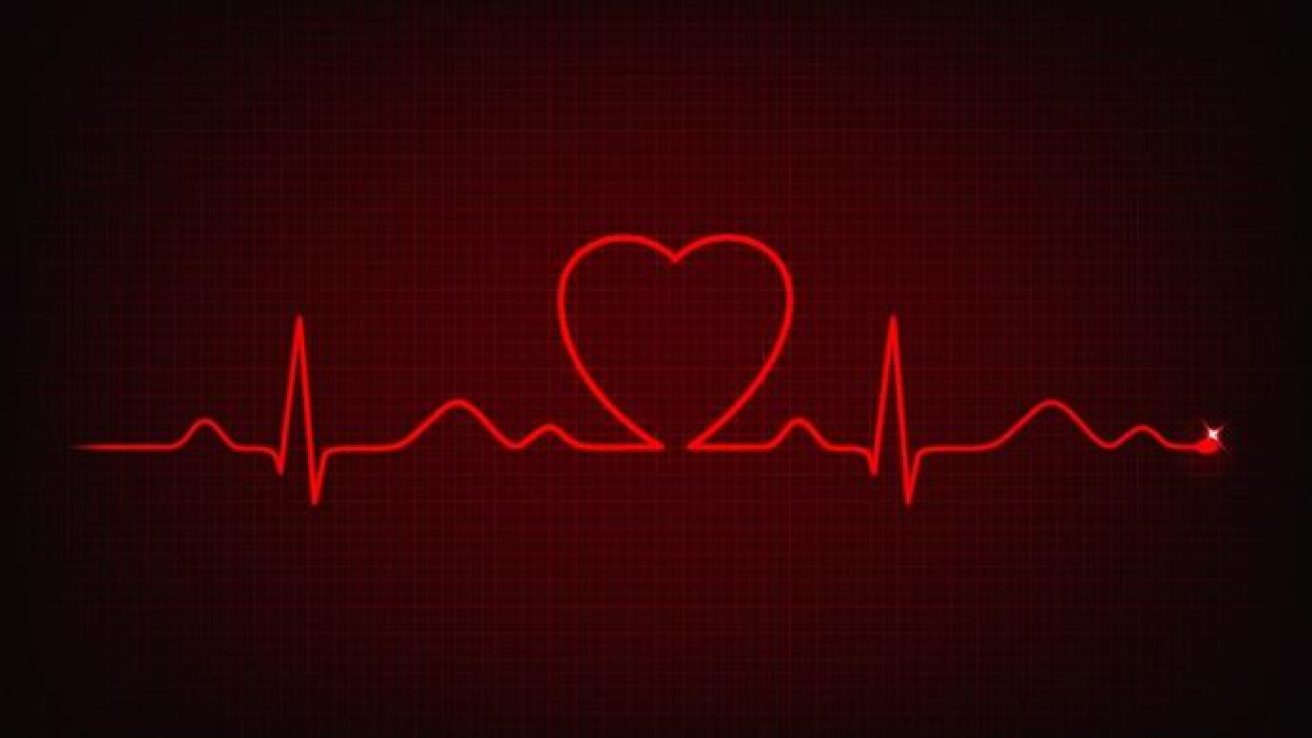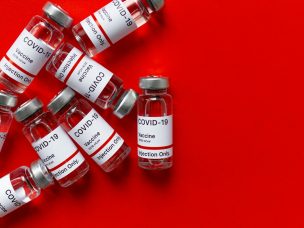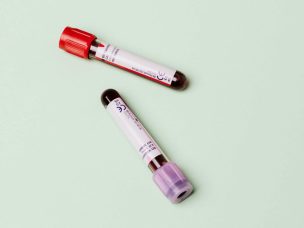Researchers from the Department of Cardiology and Macrovascular Disease, Beijing Tiantan Cardiovascular Hospital in Beijing, China found that patients with cardiovascular diseases (CVDs) had significantly worse outcomes. They published their findings in a study titled, “An Acute Respiratory Infection Runs Into the Most Common Non-communicable Epidemic— COVID-19 and Cardiovascular Diseases,” in the latest issue of the journal JAMA Cardiology. This was the first study that looked at both conditions and the outcomes.
Patients with comorbid cardiovascular disease were more likely to have severe illness associated with COVID-19 and had a much higher fatality rate: 10.5% for those with CVDs and 6.0% for hypertension, while the fatality rate was 0.9% in patients who reported no comorbid conditions
What Was Studied?
Using the cut-off date of 11th February 2020, there were 44,672 individuals diagnosed with COVID-19 in China. 2,683 individuals or 12.8 percent had high blood pressure while 873 people (4.2%) had other types of cardiovascular diseases. Although almost all people with cardiovascular disease (CVD) also had high blood pressure, not all people with hypertension had other CVDs. Among those admitted with COVID-19, the most common co-morbidity was CVDs. Some of the CVDs included ischemic heart disease, heart failure, and cardiac arrhythmia.
Findings: CVD and COVID-19
Patients with comorbid CVDs were more likely to have severe illness associated with COVID-19 and had a much higher fatality rate: 10.5% for those with CVDs and 6.0% for hypertension, while the fatality rate was 0.9% in patients who reported no comorbid conditions
Symptoms of COVID-19 Similar to CVD Symptoms
Shortness of breath and fatigue are symptoms of both CVD and COVID-19 infections. Acute lung infections could damage the heart especially with diseases such as heart failure and coronary artery disease. The researchers also found that there was a deterioration in heart function in patients infected with COVID-19. They explained that among patients with heart failure, the diagnosis of COVID-19 may be hard to make. For patients with coronary artery disease, their plaques might have dislodged in the coronary arteries, causing heart attacks. This may be triggered by the intense release of cytokines and inflammation of the body caused by COVID-19.
This study also showed that COVID-19 could be the cause of acute cardiac injury and that was seen in 10 patients (7.2 percent) with elevated troponin 1 levels. Similarly, arrhythmias were found in 16.7 percent of those having COVID-19. Many of the patients who developed COVID-19 had tachycardia.
An earlier study looked at the heart biopsy results in the death of a patient due to COVID-19. The researchers found that there were white blood cells called mononuclear inflammatory infiltrates in the myocardial interstitium, but there was not significant damage to the heart tissue. Another study suggested a myocarditis syndrome as the culprit for acute cardiac damage.
COVID-19 and ACE inhibitors and ARBs
The researchers explained that SARS-CoV-2 and the SARS-CoV (the virus that caused SARS in 2003) have a similar receptor that they bind to in the host: the ACE2 or the angiotensin-converting enzyme 2. This enzyme receptor is protective in cardiac disease. COVID-19 has a ten-fold higher affinity for this receptor compared to the SARS in 2003. ACE2 protects against hypertension, myocardial fibrosis, myocardial hypertrophy, arrhythmia, atherosclerosis, and sodium-water retention. Angiotensin-converting enzyme inhibitors (ACEI)and angiotensin receptor blockers (ARB) are drugs that are commonly used to treat patients with hypertension, heart failure, and cardiac ischemia. They suspected that the use of these drugs could raise the risk of COVID-19 infection.
Essentially, it is of extreme importance that patients with cardiovascular disease stay home and practice social distancing to avoid COVID-19 infection given the heightended risk of mortality and complications that were seen in this study from China.
Reference:
Yang C, Jin Z. An Acute Respiratory Infection Runs Into the Most Common Noncommunicable Epidemic—COVID-19 and Cardiovascular Diseases. JAMA Cardiol. Published online March 25, 2020. doi:10.1001/jamacardio.2020.0934
Related articles










